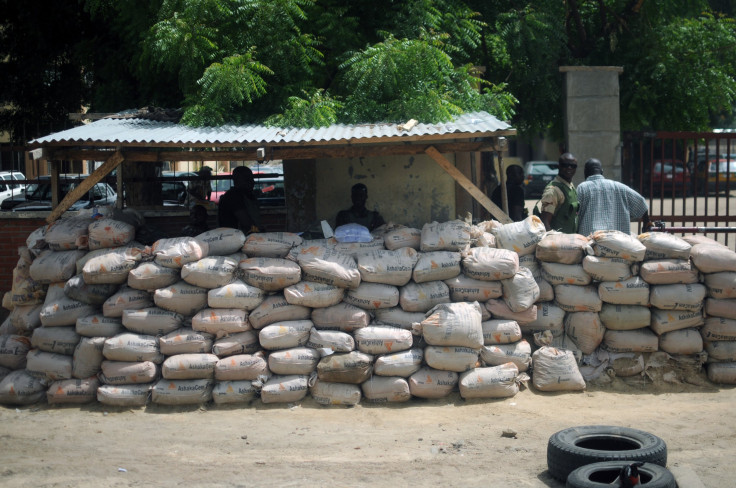Buhari’s Removal Of Nigerian Military Checkpoints Raises Fears About Terrorist Group Boko Haram

Nigerian President Muhammadu Buhari has ordered the country’s military checkpoints to be removed to ease congestion on roadways, but the move has raised security concerns about the Islamist terrorist group Boko Haram, which has staged a deadly insurgency against the government since 2009. Buhari announced the change during a meeting with security chiefs on Monday and said the police should take control of Nigeria’s internal security measures, according to Vanguard News. The change follows an attack on a crowded mosque in Maiduguri, the country’s biggest city and capital of Borno state, in the country’s north on Monday that killed at least 30 people.
The details of the checkpoint removal were unclear. Some wondered whether the order would affect states in the country’s northeast, where Boko Haram has terrorized communities for several years, often staging violent attacks on government buildings and civilians. The military checkpoints were set up in light of the extremist group’s armed rebellion against the Nigerian government, which began in 2009 and has resulted in an estimated 11,100 deaths across the country, according to the Council on Foreign Relations. The epicenter of the violence has been Borno state in the country’s northeast.
Security experts have argued that the checkpoints were better left in place, the Premium Times Nigeria reported. Some feared that removing them could give Boko Haram direct access to northern cities, where they could stage more attacks.
An attack on a crowded mosque in Maiduguri Monday left dozens dead after a bomb worn by a female teenager exploded near the place of worship. A second teen wearing a bomb ran away and was the only person killed when the explosive device detonated. Monday’s attack was the city’s fourth suicide bombing this month, according to the Associated Press.
The kidnapping of nearly 300 schoolgirls from the northeastern Nigerian village of Chibok in 2014 drew international media attention and put a spotlight on the Boko Haram insurgency. Many of the female captives were forced to marry Islamic militants. Others were presumed to have been killed.
© Copyright IBTimes 2025. All rights reserved.






















